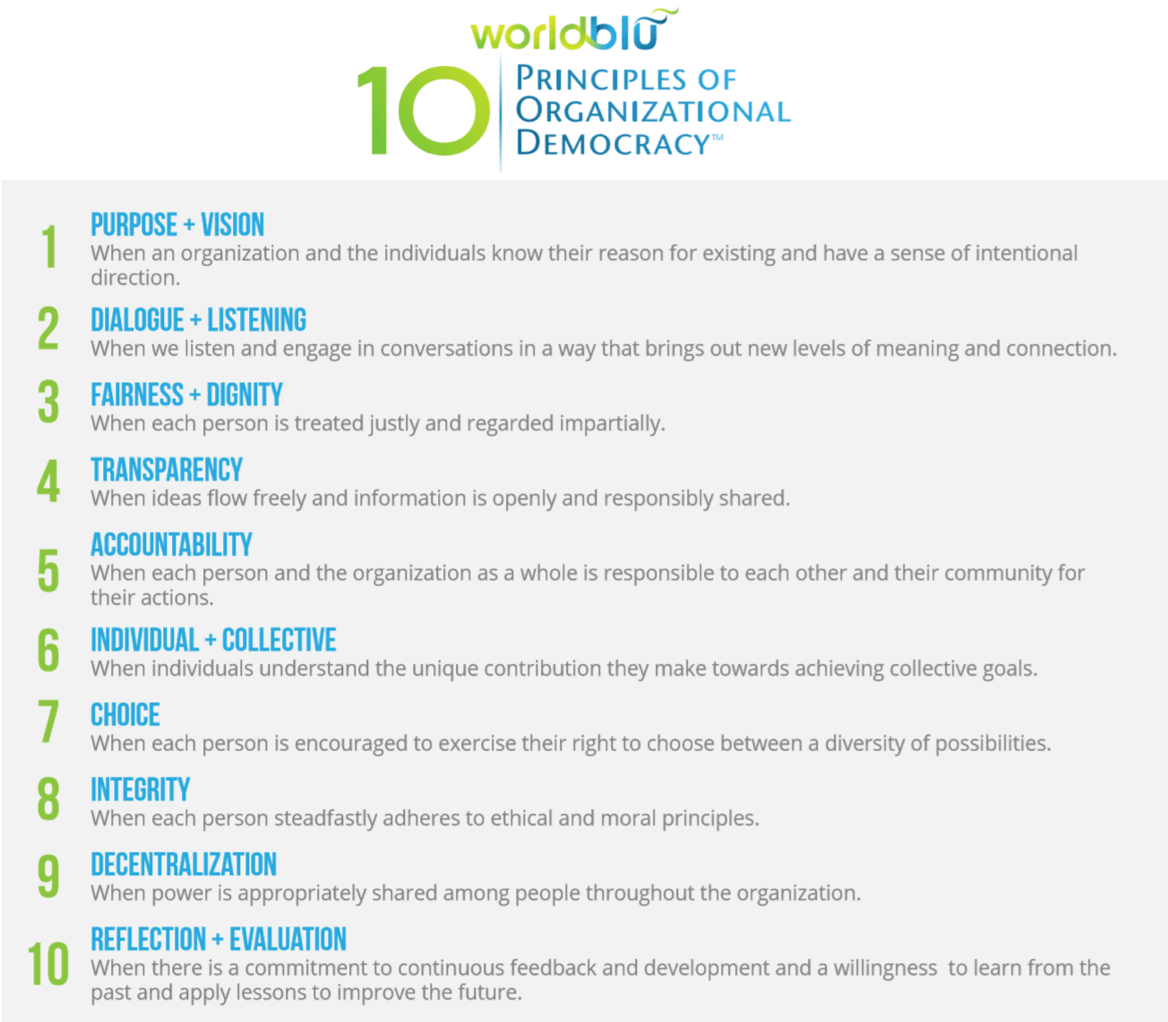This is why you should choose your own boss
By Puk Falkenberg, 29. April 2019
Half-year strategy days make room for reflection
Every six months, we meet and take a good look at each other and what we have built. Is our purpose still relevant? Are we still aligned with our shared direction and purpose? What are we going to focus on for the next six months? And most important, HOW are we going to reach what we set up to do?
One of the – to me important – elements in this process is the ‘Choosing your own boss’-part. It rarely takes more than 10 minutes, but it sets the scene for how we all will work together, help and mentor each other as well as focus on ‘people first’ in our colleagues.
The reasons to actually choose your own boss and mentor are clear: It gives you, as an employee, the CHOICE to choose from whom you can learn the most.
What’s the process of choosing your own boss?
The process is fairly simple. Two weeks before our strategy day a notice is send out on Slack, telling everyone to reflect and think about who to choose as your boss or mentor at the upcoming strategy day. At the strategy day each employee shares:
- who we choose as our new boss and mentor,
- why we choose that person,
- and what we would like to learn from that person.
The reason why I keep writing boss and mentor is because the role you are appointed are more of a mentor and coach than an actual boss. But If you were to fire someone (or have a tough conversation), it would be your appointed boss and mentor who had that conversation.
When appointed, you are not on your own. We have a one-to-one toolbox kit, where you as a newly appointed mentor can dive into different models, tools and schemes that will help you mentor, guide and coach your colleague.
What does it mean to choose your own boss?
To be appointed as someone’s new boss and mentor is both exciting and nerve-racking. The first time I was pointed at, about six month ago, I had NO idea what I should do as someone’s new boss and mentor. But I knew we would find the right direction and go somewhere. I was confident in that. But what does it mean to be in the role of ‘the boss’?
You’ll take on the role as boss, mentor, and coach in one big soup of those roles. This means that you have a few airtight responsibilities:
- Ensure that you agree mutually on a rhythm for your touchpoints. A rhythm that both is practical and ensures enough support in the right frequency.
- Make sure your colleague gets the right support, help, and time to reflect and think-out-loud as needed.
How it speaks to the ‘people first’ guiding principle
‘People first’ is one of the bearing points in modern leadership and is a principle that is recognized in many leadership philosophies. Take a look at these 10 principles of organizational democracy from WorldBlu* as an example. Even though it’s not WorldBlu’s main focus anymore, we can still use them for reflection on every initiative or project we do involving people. Read: Think about these 10 principles in everything you do in your organization.
And if you go through them in the context of choosing your own boss, you’ll see that more than one applies.
*The 10 principles are no longer on their website, but take a look at this TEDx, where Traci Fenton talks about the 10 principles.
How the 10 principles of organizational democracy apply
Purpose + Vision: In our toolbox for one-to-ones we have our Impact Stories. These helps us create our purpose and vision of what we would like to strive to reach. What are our dreams? How are we going to leave an impact? How does this fit into our shared purpose? In our conversation template for the one-to-one meetings, describing your dream job and your personal purpose is the first step.
Dialogue + listening: This is for sure a principle you as a boss and mentor to somebody should strive to ALWAYS focus on. Listen to what your colleague says, needs help for, wishes for, or are in doubt about. Sometimes listening is enough. Other times you need to do the talking, guiding and mentoring.
Fairness + dignity: I remember some leadership guy once saying that to lead everyone equally and with fairness, you must lead everyone individually. And there is something to it. You need to see your colleagues need and help the best you can. People first. But also, you need to be fair without judging that some needs might be different or even weird in your eyes. You should be accommodating differences of those you mentor, guide and help as a boss. People are people and should be respected for that alone.
Transparency: Each one-to-one toolbox and conversation template for every employee in Bloch&Østergaard are accessible through our SharePoint site. In this way we have transparency, and you can be inspired by others dreams and visions. And as we have a great deal of transparency already, it’s hard not to have that in regular one-to-ones as well. But if you don’t, find out how transparent you can be.
Accountability: So, I think this is almost self-explanatory. Choosing your own boss makes you and your new boss accountable for each other to have regular one-to-ones and all that happens in between. When we have a network of bosses and mentors across our small organization this also means that we held each other accountable and help each other being a great boss to one another.
Individual + collective: We actually talk about how each of us contribute at our weekly Friday meetings. We ask ourselves: “What have I done this week to help create organizations where people want to show up?” Sometimes, this talk or reflection is talking into our one-to-ones, but most of the times, it’s said and shared collectively.
Choice: This is actually in the headline of this blog post and is indeed the purpose of choosing your own boss; to choose from whom you can learn the most from the next six months.
Integrity: We talk about values, ethics and morals in plenum. We discuss whether or not to say yes to potential clients who doesn’t help the world become a better place, or the values we bring with us to our clients. Sometimes, we use time on our one-to-ones to calibrate or talk through specific situations. It’s really nice to be able to have these small discussions on integrity. It leaves me proud that we care.
Decentralization: Hopefully, choosing your own boss will not just be something we do when we’re only a small organization. Hopefully, we’ll do this as we grow always having the mentoring power decentralized.
Reflection + Evaluation: A part of the before-mentioned one-to-one toolbox is also retrospectives and keep-and-try exercises. These are used regularly in everything we do, and it would be odd if we didn’t use these tools when mentoring as well. I can only recommend doing a keep-and-try once in a while.
It takes two to make a good boss/employee relationship work
The point is, if you’re a bad boss it’s most likely that you’ll never be chosen again – and maybe even damage the relationship to your colleagues. So, try, do and make it your most important task – It’s all about people first!
Are you looking for
a coach or
a professional mentor?
The world and your employees have changed.
Do you want to keep up
– and shape the future?
Looking for a thought-provoking speaker
with knowledge of the future
and how to turn it into daily life?









